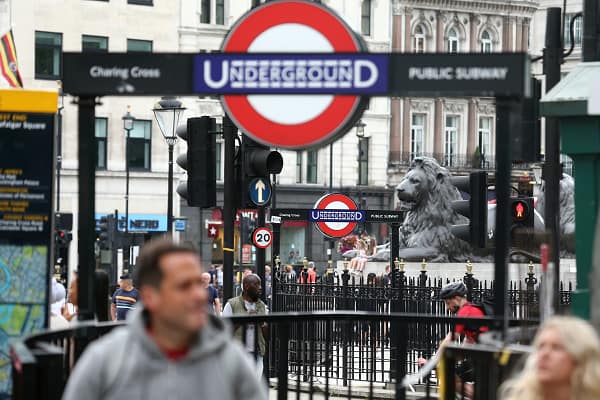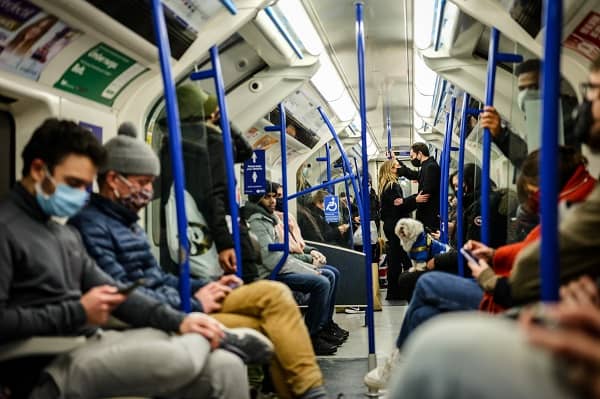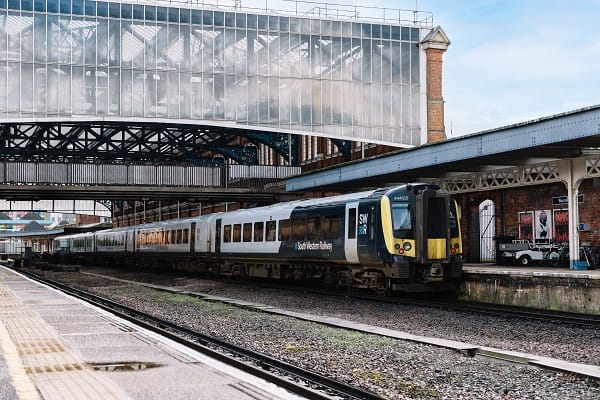Manchester Oxford Road has been named the worst train station in the UK for commuters, with only 35% of trains actually arriving on time.
With fares on the rise and trains constantly being cancelled, Brits have come to loathe the dreaded work commute. So much so, TonerGiant’s recent survey of 1,000 UK office workers found that 57% of Brits feel that the cost of commuting has made them not want to go into the office whatsoever.
With this in mind, TonerGiant set out to find which UK train station is the worst for commuters. They analysed the top 100 busiest train and tube stations across the UK, to identify where commuters experience the most amount of delays and cancellations.
Manchester Oxford Road was found to be the worst station, with 65% of all trains passing through the station being delayed or cancelled.
Our research shows that trains at Manchester Oxford Road were most commonly delayed for 1-2 minute, 21% of the time, and 11% of trains are cancelled.
Wolverhampton station ranks second, closely followed by Leicester railway station in third, with both stations having 62% of trains being delayed or cancelled.
Interestingly, 80% of the worst train stations for delays and cancellations are situated in the north of England, and three of these are in Yorkshire, further fuelling the distinct north-south divide in railway reliability.
On average, trains passing through the stations analysed were delayed or cancelled 46% of the time, which means that commuters almost have a fifty-fifty chance of actually catching a train on time.
Stuart Deavall from TonerGiant, said, “The pandemic has meant that Brits have become accustomed, and many have welcomed, working from home.
“It’s convenient, economical and workers are still able to have all of the equipment they need, such as printing facilities, from the comfort of their own home.
“But over anything, commuting means an increased difficulty getting to and from work, especially when the UK’s transport links have been known to disrupt journeys. Due to the fact that on average, 46% of the train journeys we looked at were delayed or cancelled, it’s no wonder that Brits are opting for the ‘stay at home’ lifestyle.”







Leave a Comment